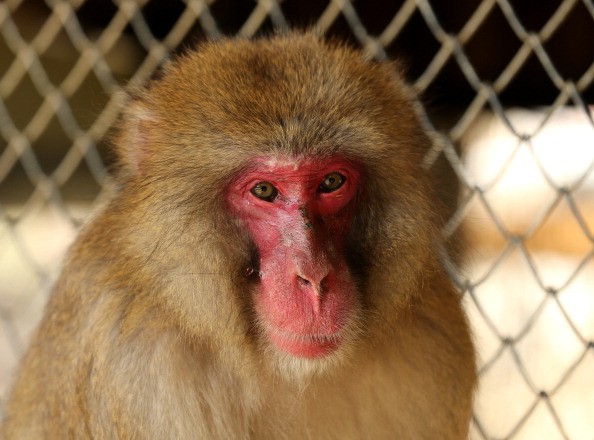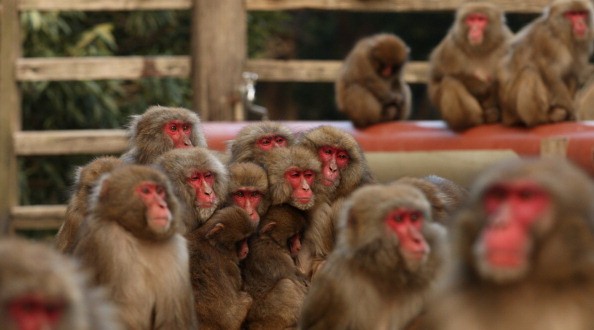In an uncommon occurrence in the simian world, a female, whose name is Yakei, has become the head of a 677-powerful troop of Japanese macaque monkeys at a Japan's nature reserve on Kyushu island.
Yakei took the position of the previous leader - Sanchu, the alpha male who had been leading the 'troop B' on Kyushu island for about five years.

Yakei Vs. Sanchu
Yakei's journey of becoming a leader started in April when she fought with her own mother to become the troop's alpha female at the Takasakiyama natural zoological garden located in Oita city.
While that position would have been the highest level for majority of female monkeys, Yakei attempted to throw her 10kg weight all over among the males.
Towards the ending of June, she came up against Sanchu, the alpha male (31-year-old) who had been leading "troop B" at the reserve for five years and roughed him up.
The shocked wardens at Takasakiyama, a place where a female monkey has never taken the position of a leader in the reserve's 70-year history, on the 30th of June conducted a "peanut test", displaying nuts for the group and observing to see who ate first. Sanchu backed off, giving Yakei first dibs on the treat, verifying her alpha position.
Takasakiyama
A guide at Takasakiyama, Satoshi Kimoto, told the Guardian: "Since then, Yakei has been climbing trees and shaking them, which is an expression of power and a very rare behaviour in females."
Kimoto, who said that workers at the reserve were at the losing end as to the causes of the alpha female's dominant antics added saying Yakei has been moving about with her tail up, which is also not usual for a female.
In 1952, Takasakiyama was instituted as a reserve for monkeys and is a habitat to around 1,500 macaques, divided into two groups, troop A and troop B. The animals inhabit mostly the centre of the reserve - forested mountain to be precise, wandering about freely and visiting lower ground for food kept by wardens.

Population of Japanese Macaques
It is estimated that the wild population of Japanese macaques is over 100,000 and widely spread across Honshu, Kyushu, and Shikoku - three out of the four main islands in Japan.
These monkeys are known to be aggressive at times, and mountain climbers, hikers and visitors to the Takasakiyama reserve are told not to maintain mutual gaze with them because they might take that as a challenge.
Macaque - genus Macaca, any of over 20 species of sociable old world monkeys, all are endemic to Asia excluding the Barbary macaque of North Africa. The monkeys are powerful primates whose legs and arms are almost the same length.
Related Article : WATCH: It Got Grandma! Mischievous Monkey Throws Poop on Old Lady's Face
For more news, updates about Japanese macaques and similar topics don't forget to follow Nature World News!
© 2025 NatureWorldNews.com All rights reserved. Do not reproduce without permission.





